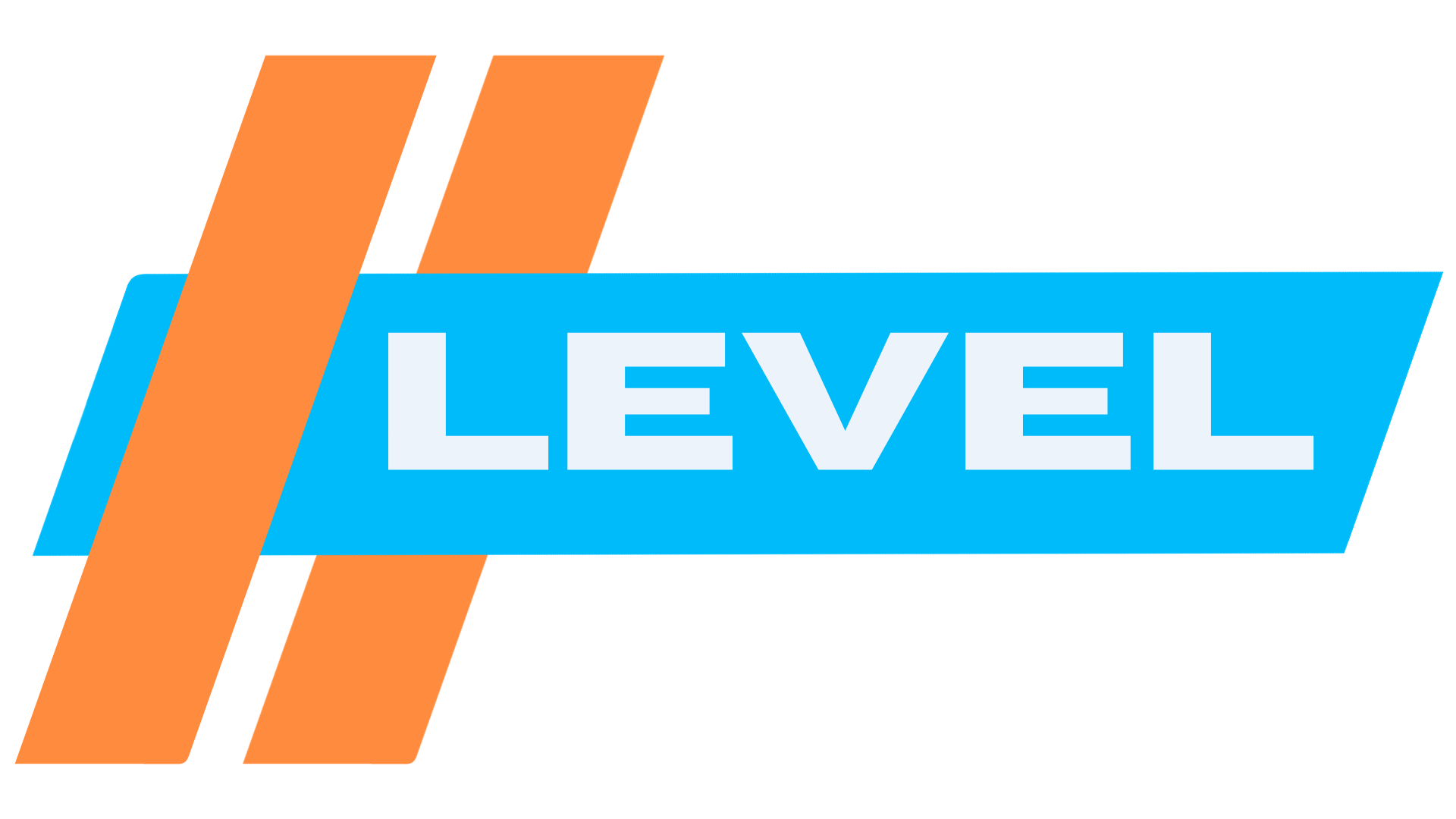It's that special spooky time of year, and there's a bit of a disappearing act happening I feel like we need to talk about. The credentials you and I carry today could be worthless in a short period of time. What are we supposed to do about that?
HOW CAN I ENSURE THAT ANOTHER PERSON I'M INTERACTING WITH IS TRUSTWORTHY?...
Are they really who they say they are, and are they capable of doing the things they say they can do?
For the last hundred years or so, our whole society has been propped up by a credentialing system; a means of certifying what is factual, by a trusted authority.
From the Uncharted Territories in-depth newsletter (which I occasionally read) about the end of nation-states:
Historically, how did you trust that your cab was legit?
Because it had a license. From the government.
How did you know to eat in that restaurant?
Because it was certified to be safe. By the government.
How did you know your house was yours?
Because it was registered. By the government.
How did you know somebody was American?
Because they had a passport. From the government.
You always needed a gatekeeper. What about money: how did you certify you had money?You either showed the cash or you needed an attestation from your bank.
How did you prove you knew something?You needed to show a certificate provided by an academic institution.
How did you prove anything was true?You got a seal from a notary public.You always needed a gatekeeper.
Now, think about the ways some of those things listed above are changing.
The authority of Taxicab licensing has been co-opted by private companies like Uber and Lyft; Yelp and Google reviews for restaurants carry more weight than the local health inspector grading.
The "gatekeeper" or credential issued by the gatekeeper, has effectively become diluted- watered down. The evidence of that is pretty clear. As of the end of last year, there were 967,734 unique "credentials" an individual could receive. (and that's just in the higher education realm)
A researcher from Rutgers University likened the higher education credentialing system to the wild west and concluded “There is no single set of standards, no mechanism or system to help workers, employers, policymakers, and educational institutions to define quality or to measure it”.
Ergo, proving that your credentials are not, in fact, worthless, is becoming harder with each passing year.
Why should you care?
In the not too distant past, our company, Level On Demand wouldn't be able to exist. We offer low-cost, high-value real estate services like financial analysis and we review a LOT of legal contracts. See anything on the website about us employing credentialed attorneys, realtors or having any professional certifications as a business?
Nope. We put out examples of the work we do, and most of our customers come by way of referral. In fact, I'd almost say there's a pendulum-swing of people specifically seeking out resources outside of traditional credentialing networks. Telehealth anyone?
Regardless of the industry you're in, or the credentials you have attained to be where you are today, the day may be coming when that university degree, or those letters at the end of your title, are less valuable.
Going back to school, or adding more letters to your title, may not be of any use. What am I seeing that's working for others?
- Starting a newsletter or blog like this one.
- Putting out educational content about your expertise.
- Building a freelancing portfolio.
- Speaking at events.
The people who are taking all the "stuff" in their brains, and putting it into the public record are, for better or worse, attracting more attention. Food for thought.
How are you "bulletproofing" your resume these days??

